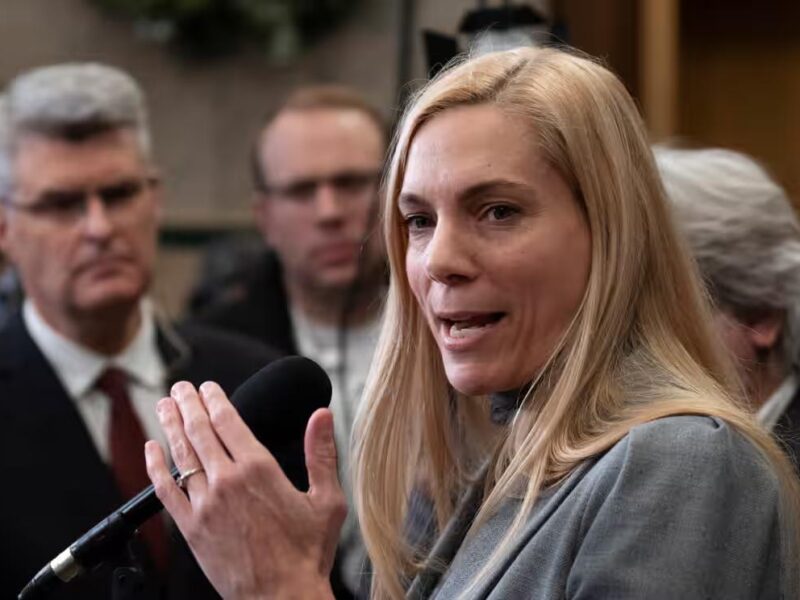An agreement allays the internet giant’s worries about the Online News Act, which requires large corporations to split advertising money with publishers.
Google and Canada have come to an agreement whereby the internet giant would pay local news publishers $73.6 million, or C$100 million, every year in exchange for keeping links to news content in search results.
The agreement allays Google’s worries about Canada’s Online News Act, which aims to require big internet firms to split advertising money with local news publishers. Alphabet owns Google.
Pascale St-Onge, Canada’s heritage minister, released a statement saying, “After weeks of fruitful discussions, I am happy to announce that we have found a path forward with Google for the implementation of the Online News Act.”
The government is finalizing regulations for the Online News Act, which was passed in June and is a component of a global trend to force internet firms to pay for news, with a deadline of December 19th.
Alphabet’s president of global affairs, Kent Walker, said in a statement, “After extensive discussions, we are pleased that the Government of Canada has committed to addressing our core issues with Bill C-18.” “We’ll keep sending Canadian publishers valuable traffic.”
According to the terms of the deal with Canada, Google will give news organizations a yearly donation of C$100 million, which will be adjusted for inflation. The corporation may choose to share the money with a single collective.
Google had previously threatened to prohibit news on its search engine, claiming that Canadian laws were stricter than those in Europe and Australia. News is a primary source of traffic for almost all websites on the internet. The business expressed worry that it would be subject to possibly unlimited liability.
Canadian Prime Minister Justin Trudeau stated, “Google has agreed to properly support journalists, including local journalism.” “Unfortunately, Meta still completely neglects any duty to uphold democratic institutions.”
Because of its fears, Meta Platforms, the second massive internet company targeted by the regulation, has already disabled news sharing on Facebook and Instagram. The move has stifled smaller publications and landed the firm in a months-long legal battle with major Canadian news publishers.
St-Onge urged Meta to provide an explanation for its decision to prohibit news sharing in Canada, claiming that the agreement with Google demonstrates the effectiveness of the new legislation.
In the event that better deals are achieved anywhere else in the globe, she continued, Canada would have the option to revisit its agreement with Google. A deal was struck by Google last month to pay a consortium of German publishers 3.2 million euros ($3.5 million) annually for the publication of their news content.
The decision made by Meta has not changed, a business statement states.
The representative stated, “We have long been clear that the only way we can reasonably comply with the Online News Act is by ending news availability for people in Canada. Unlike search engines, we do not proactively pull news from the internet to place in our users’ feeds.”
The Canadian media sector, which wants more regulation of digital corporations to stop them from driving news organizations out of the online advertising market, filed concerns that led to the legislation.
News Media Canada’s CEO, Paul Deegan, praised the arrangement and expressed gratitude to the government for providing publishers with cash compensation. The agreement was first announced by the Canadian Broadcasting Corporation.
In a statement, Deegan said, “We commend Google for their good faith, socially responsible approach.”
Similar actions have already been taken by Meta. In 2021, following the passage of legislation in Australia requiring tech companies to compensate publishers for the use of their news content, it momentarily disabled news access on its platform. Later on, it signed agreements with Australian publishers.











